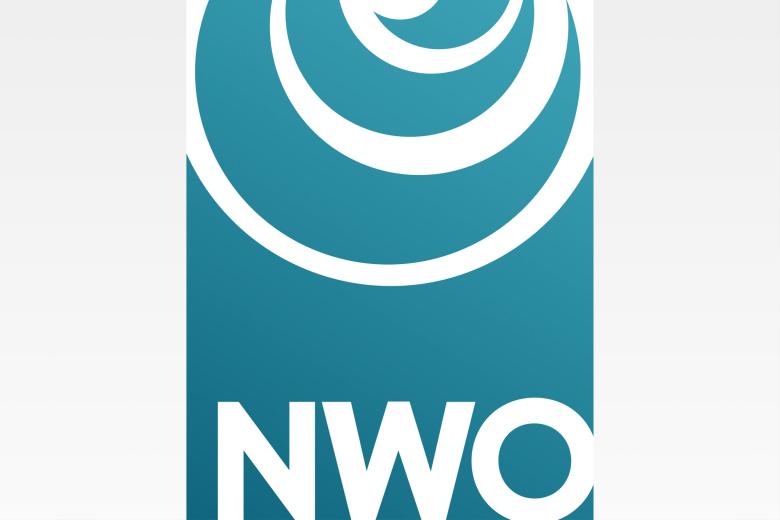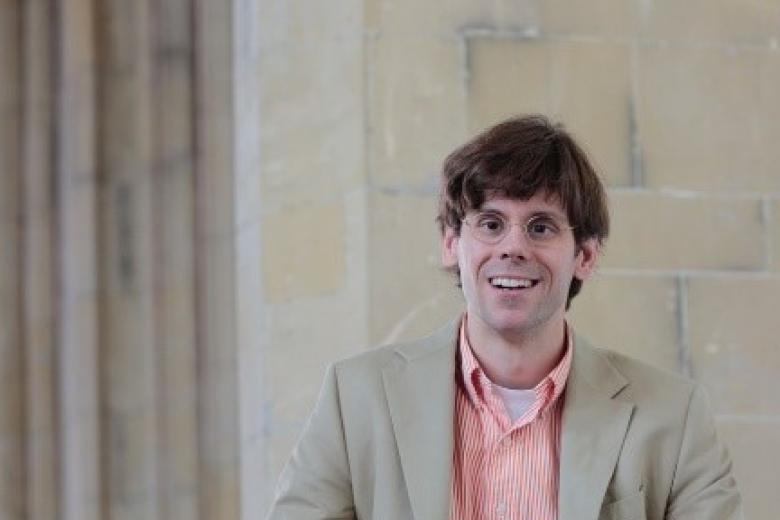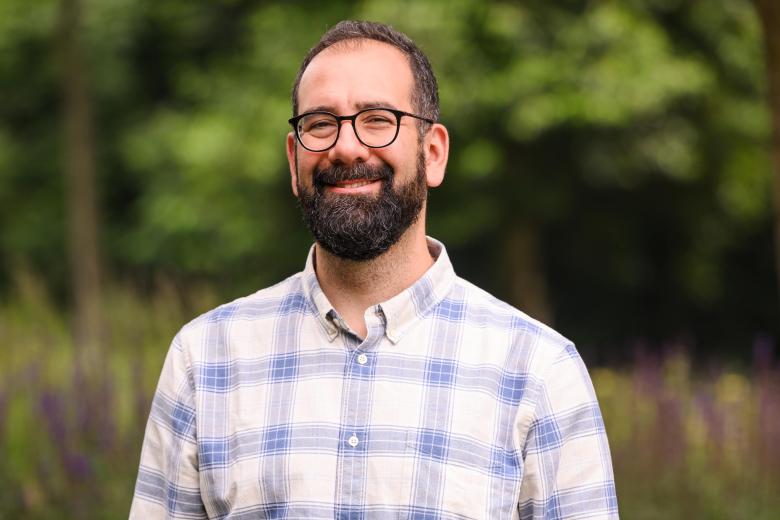the_fairness_principle_-_how_the_veil_of_ignorance_helps_test_fairness.pdf
(129.84 kB, PDF)
… decisions without knowing who you would be in this new society? “But the nature of man is sufficiently revealed for him to know something of himself and sufficiently veiled to leave much impenetrable darkness, a darkness in which he ever gropes, forever in vain, trying to understand himself.” — Alexis de Tocqueville, Democracy in America Philosopher John Rawls asked just that in a thought The Fairness Principle: How the Veil of Ignorance Helps Test Fa... … world,” however, there will be a wide variety in the natural distribution of natural assets and abilities, and that there will be differences of sex, race, and culture that will distinguish groups of people from each other. “The Fairness Principle: When contemplating a moral action, imagine that you do not know if you will be the moral doer or receiver, and when in doubt err on the side of the other person.” — Michael Shermer, The Moral Arc: How Science and Reason Lead Humanity Toward Truth, … live a comfortable life.) The conditions necessary for self-respect For these conditions to occur, the people behind the Veil of Ignorance must figure out how to achieve what Rawls regards as the two key components of justice: Everyone must have the best possible life which does not cause harm to others. Everyone must be able to improve their position, and any inequalities must be present solely if they benefit everyone. However, the people behind the Veil of Ignorance cannot be The Fairness …


